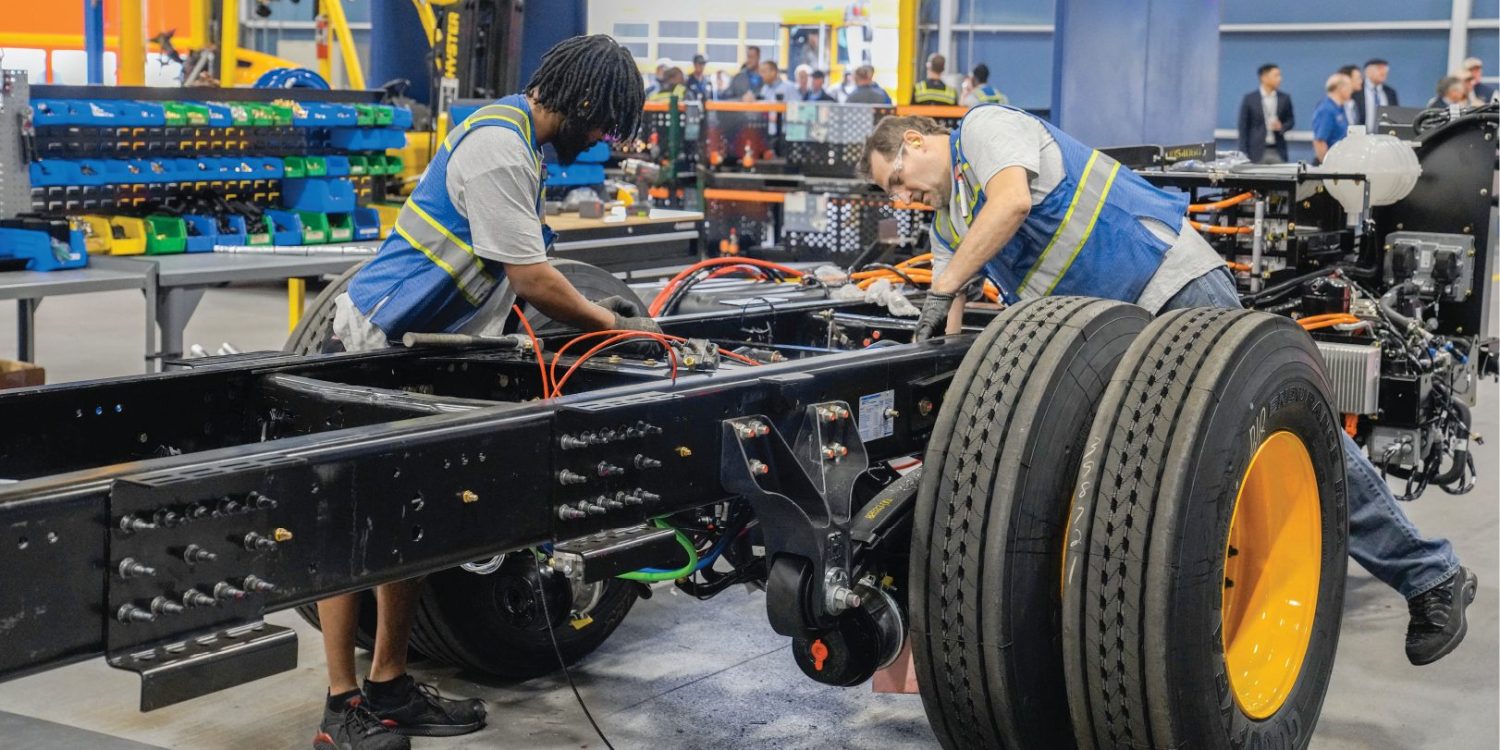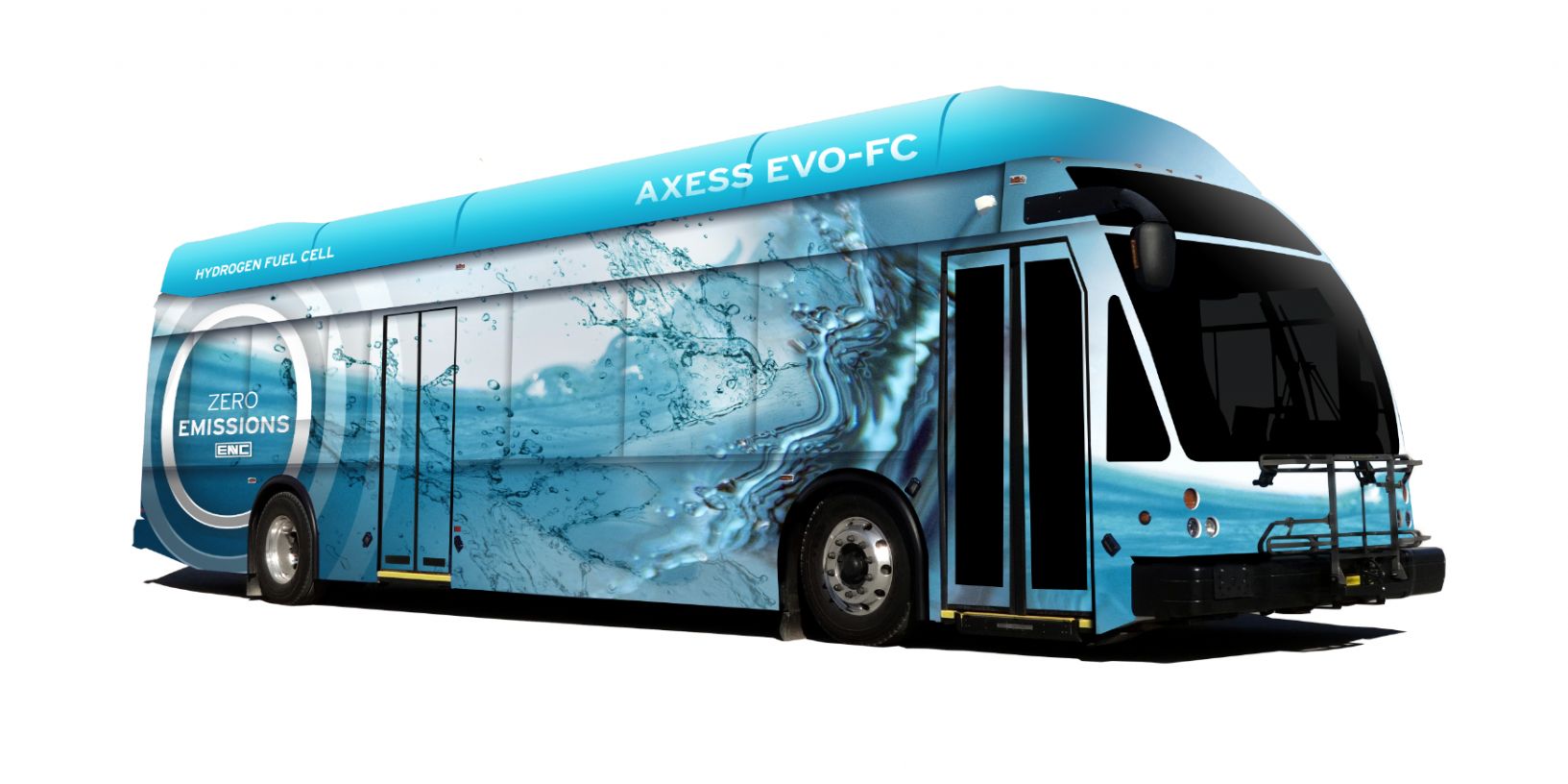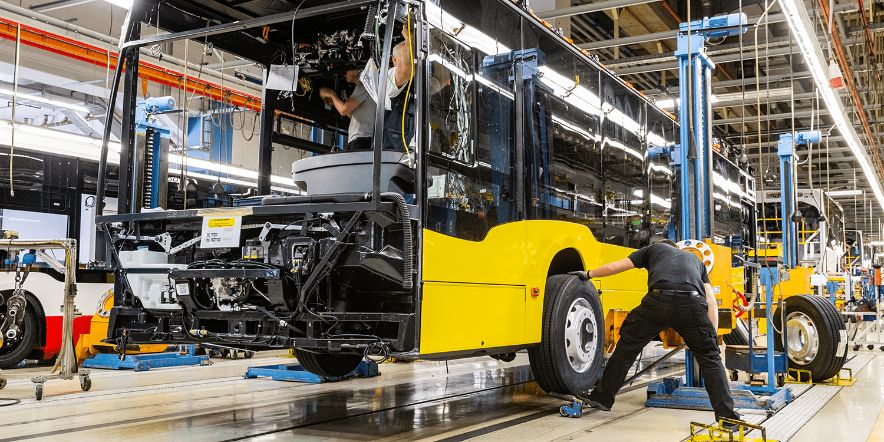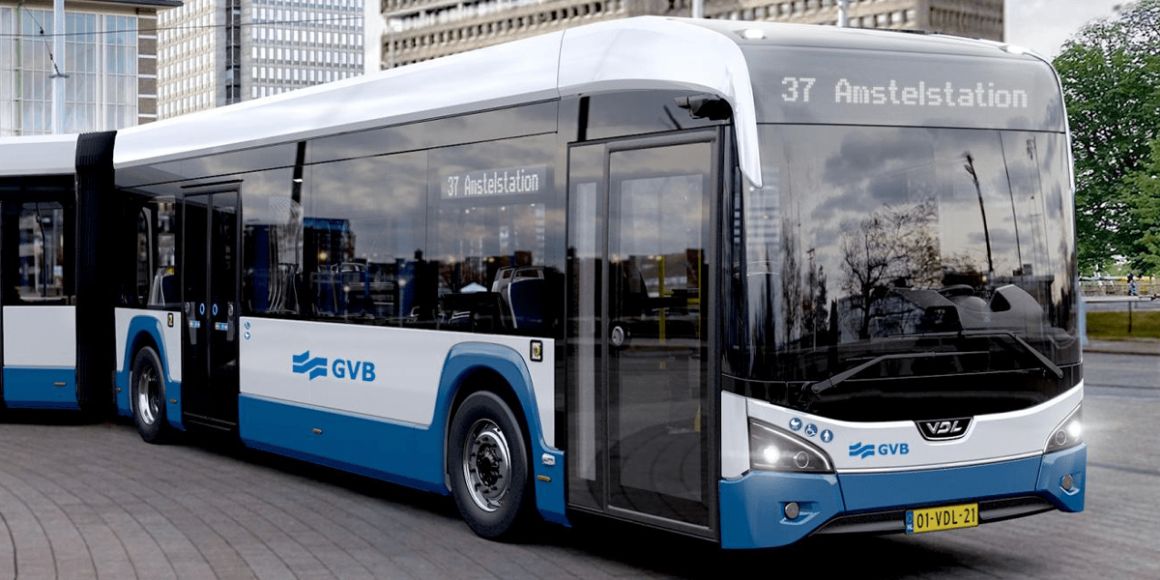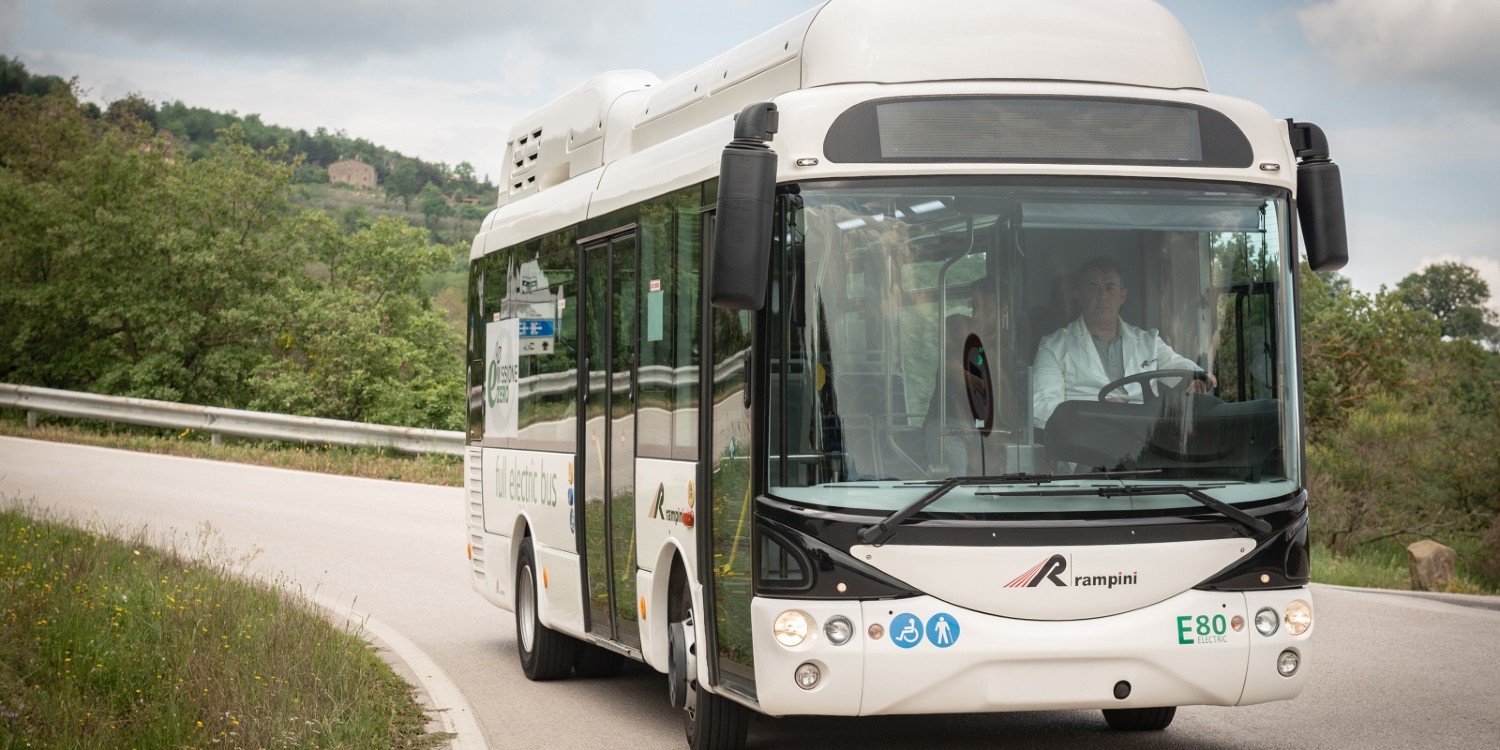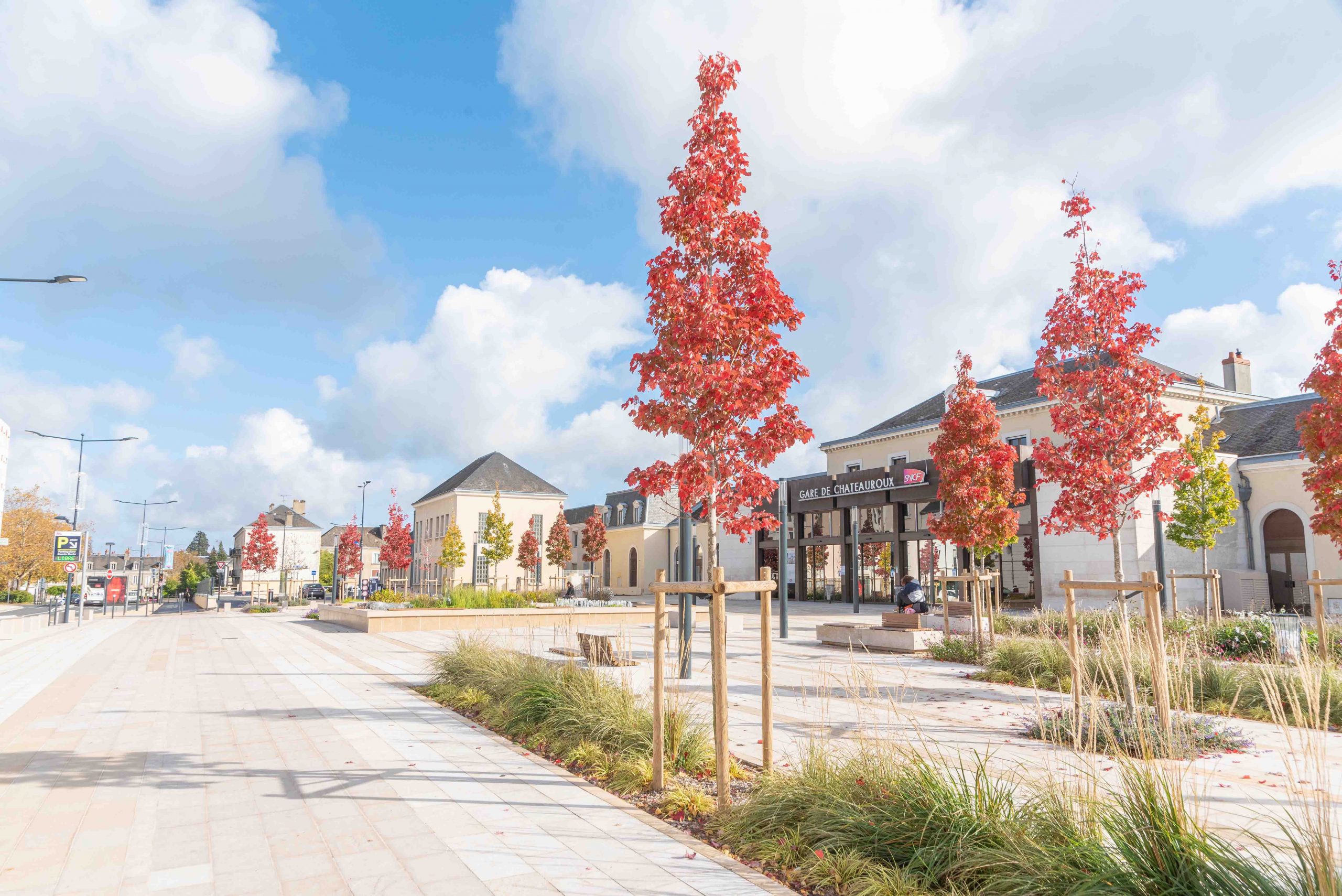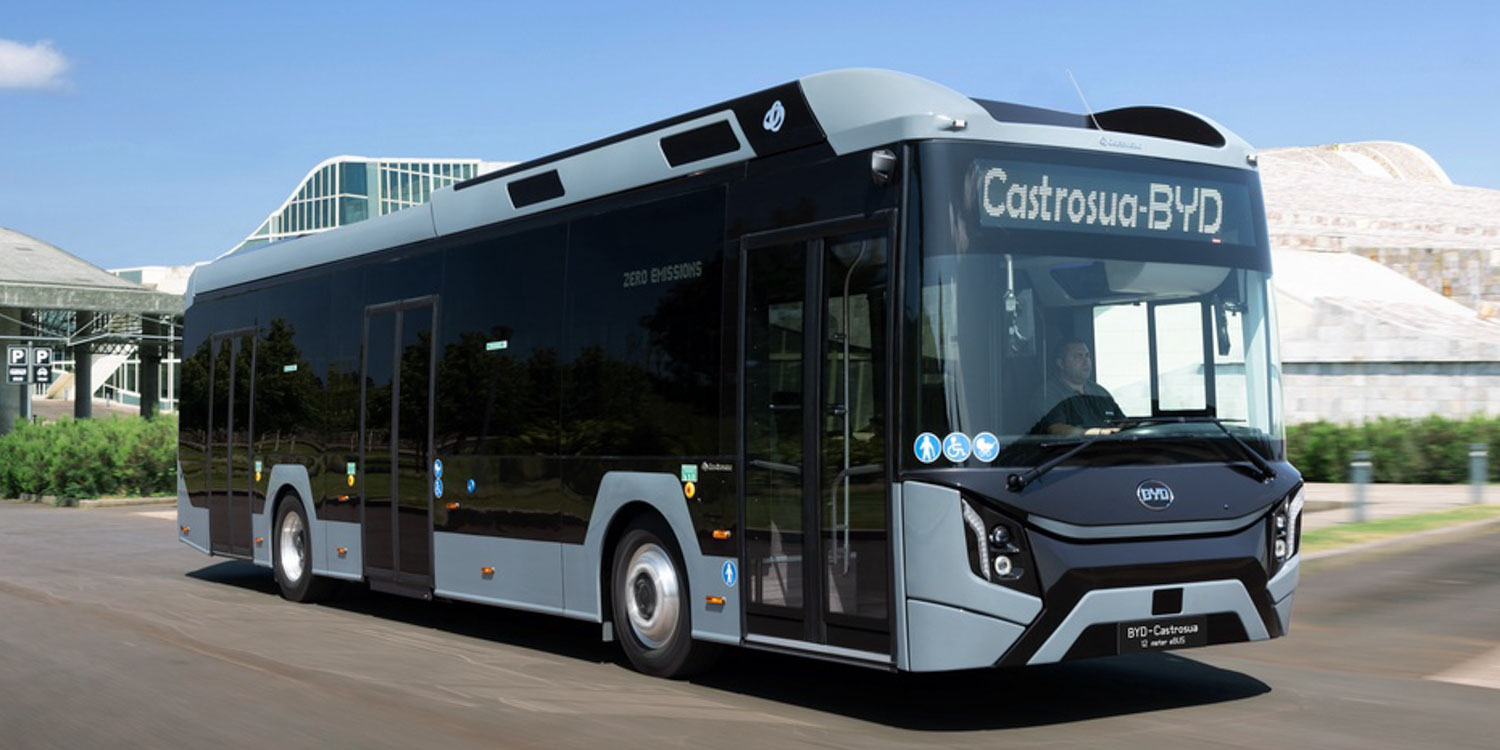Blue Bird, a long-standing manufacturer of school buses, has recently inaugurated its “Electric Vehicle Build-Up Center” at its main manufacturing plant in Fort Valley, Georgia. This new facility, covering 40,000 square feet, will play a crucial role in helping the company achieve its target of producing 5,000 electric school buses annually.
With its headquarters based in Georgia for the past 91 years, Blue Bird has a strong presence in the state. The Electric Vehicle Build-Up Center will focus on assembling electric versions of Blue Bird’s popular “Vision” and “All American” model buses, capable of accommodating 77 and 84 passengers respectively. The Vision is a classic “Type C” bus, while the All American is a “Type D” bus with a flat front end. Both models feature a 155kWh battery and offer an estimated range of approximately 120 miles.
Currently, Blue Bird manufactures four electric school buses per day, but the company aims to increase this number to 20 per day. Electric buses presently constitute 6% of Blue Bird’s overall production volume, with around 1,000 electric Blue Bird buses currently in operation.
Anticipating a significant surge in demand, Blue Bird expects these figures to rise rapidly, primarily due to the substantial incentives provided by President Biden’s infrastructure plan. These incentives have made electric school buses an attractive option for many districts, with some even acquiring them at minimal cost.
Additionally, new emissions regulations enforced by the Environmental Protection Agency (EPA) will require approximately one-third of school bus sales to be electric by 2027, rising to half by 2032.
As a result of these favorable policies, Blue Bird foresees the sale of thousands of additional electric school buses, amounting to approximately $1 billion in orders over the next five years.
The state of Georgia, where Blue Bird is headquartered, has witnessed a wave of manufacturing announcements attributed to the new federal policies concerning electric vehicles. Multiple companies are establishing new car and battery manufacturing facilities in the state, contributing to the emergence of a significant “battery belt” in the region. Despite the state’s previous indifference to climate action, Georgia is becoming a crucial player in the green job sector.
The influx of these environmentally friendly jobs stands to benefit Georgia and neighboring states, aligning with the Biden Administration’s objective to promote domestic EV manufacturing through initiatives outlined in the Bipartisan Infrastructure Law and Inflation Reduction Act. Manufacturing jobs are widely recognized as beneficial for any economy, and Blue Bird expects its new facility to sustain around 2,000 well-paying positions. Recently, the workers at the company voted to unionize, aiming to secure their fair share of the benefits stemming from the growth of green jobs.
School buses present a particularly promising opportunity for electrification due to their operational characteristics. The duty cycles of school buses are well-suited for electric powertrains. They typically operate on short, fixed routes on most days and have prolonged periods of inactivity during the day or overnight, allowing ample time for charging or even discharging to support the power grid. Moreover, and perhaps most importantly, electric school buses contribute to cleaner air quality for their young passengers, as they do not emit harmful pollutants. Numerous studies have demonstrated that electric school buses lead to reduced sick days among students, thereby improving their overall health and attendance rates.

